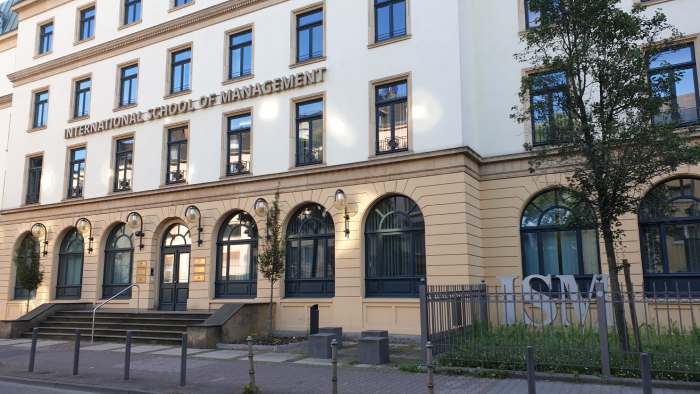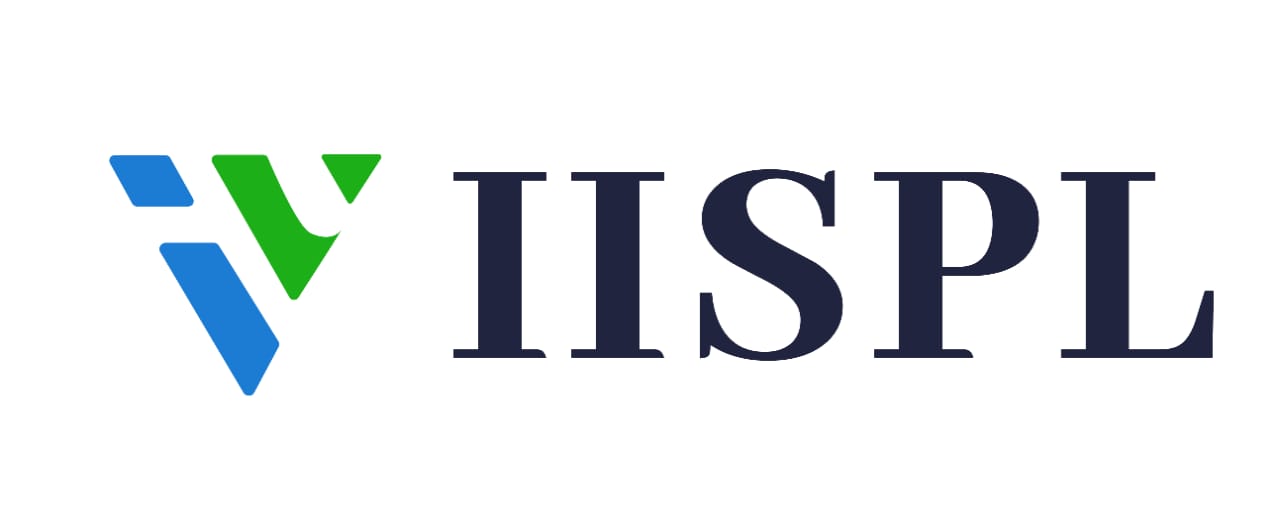Germany

Top German Universities for International Students
Germany has established itself as one of the world’s leading study destinations, renowned for its high-quality education, cutting-edge research, and strong emphasis on academic excellence. Known for its tuition-free or low-cost education at public universities, Germany attracts international students from all over the globe. With many programs offered in English, a rich cultural heritage, and a vibrant student life, Germany offers an ideal environment for global learners seeking both academic and personal growth. Below are some of the top universities in Germany that cater especially well to international students.

🇩🇪 ISM (International School of Management)
📍 Campuses: Frankfurt, Munich, Paris, New York
ISM is a private business school known for its international focus and strong ties to industry. It offers a variety of business and management programs with an emphasis on practical experience and global perspectives, attracting students from around the world.
Quick Facts:
Triple accreditation (ACBSP, IACBE, and FIBAA)
Strong corporate partnerships for internships and placements
English-taught bachelor’s and master’s programs
Popular Programs:
Business Administration, International Management, Marketing, Finance

🇩🇪 BSBI (Berlin School of Business and Innovation)
📍 Location: Berlin
BSBI offers globally recognized degrees in business with a focus on entrepreneurship, innovation, and digital transformation. It caters especially to international students seeking a career-driven education in Europe’s vibrant capital.
Quick Facts:
Partnerships with UK universities for degree validation
Small class sizes with personalized student support
Career-focused curriculum with practical projects
Popular Programs:
Business Management, Marketing, Digital Marketing, Entrepreneurship

🇩🇪 IU (International University of Applied Sciences)
📍 Campuses: Multiple across Germany + Online
IU is one of Germany’s largest private universities offering flexible study options including on-campus and online learning. It focuses on career-relevant education with numerous bachelor’s and master’s programs taught in English.
Quick Facts:
Over 70,000 students enrolled globally
100% English-taught programs available
Strong emphasis on digital and business skills
Popular Programs:
Business Administration, Computer Science, Data Science, Health Management

🇩🇪 IHMGS (International Hotel Management School Germany & Switzerland)
📍 Campuses: Germany and Switzerland
IHMGS specializes in hospitality and hotel management education, blending practical experience with international academic standards. It prepares students for careers in luxury hotels, resorts, and the global tourism industry.
Quick Facts:
Dual-campus model with exposure to Swiss hospitality excellence
Internship opportunities with leading hotel groups
Focus on international hospitality standards
Popular Programs:
Hotel Management, Tourism Management, Event Management, Culinary Arts
Cost of studying in Germany
Germany offers a relatively affordable cost of living compared to many other Western countries, particularly since most public universities charge little to no tuition fees for international students. However, students should still budget for living expenses. Below is an estimate of the average monthly living expenses for international students in Germany:
Expense | Average Monthly Cost (in AED) |
Accommodation | 300 – 600 |
Health Insurance | 110 – 120 |
Food/Groceries | 200 – 300 |
Transportation | 30 – 90 (often subsidized) |
Study Materials | 20 – 50 |
Internet/Phone | 30 – 50 |
Miscellaneous | 100 – 200 |
Total (approximate) | 790 – 1410 EUR |
Need Expert Advice? Consult Our Specialists!
Indievisa’s immigration specialists provide personalized guidance and expert solutions to address your unique immigration queries and concerns.
Two intakes offered by universities & colleges in Germany
Winter Semester (Primary Intake)
The Winter Semester is the main admission cycle for most German universities. It typically begins in October, with applications usually opening around May to July. This intake offers the widest range of programs across both undergraduate and postgraduate levels. It is especially ideal for international students, as most courses and university services are aligned with this semester. Starting in the winter also allows ample time for visa processing, finding accommodation, and adjusting to student life in Germany.
Summer Semester
The Summer Semester generally starts in April and serves as a secondary intake. While not all programs are available during this cycle, it remains a good option for students who missed the Winter Semester or prefer a spring start. Application deadlines typically fall between November and January. The Summer Semester is more common for postgraduate programs and may offer a smaller selection of courses compared to the winter intake.
Germany Study Visa Eligibility Criteria
You must have an official letter of admission from a recognized German university or higher education institution.
You need to show you can financially support yourself during your stay. This is typically done by:
Opening a blocked account (Sperrkonto) with at least €11,208 (as of 2025), which equates to about €934/month,
Or providing a formal obligation letter (Verpflichtungserklärung) from a sponsor in Germany.
Valid health insurance coverage is mandatory. Public health insurance is usually available to students under the age of 30, while private insurance may be needed otherwise.
Depending on your program, you must prove language skills through:
English-taught programs: IELTS, TOEFL, etc.
German-taught programs: TestDaF, DSH, or Goethe-Institut certificates
You must provide certified copies of previous educational records (e.g., high school diploma, bachelor’s degree) and equivalence to German standards.
A valid passport with sufficient validity for the duration of your studies is required.
You must show evidence of where you will stay in Germany, such as a rental contract, student housing confirmation, or temporary accommodation arrangements.
Consult With Us
The Checklist you should follow if you want to study in Germany
Research Programs and Institutions
Explore German universities and programs that align with your academic and career goals. Consider factors like:
Course structure (English- or German-taught),
University rankings and reputation,
Tuition fees (if any),
Location and student life.
Check Admission Requirements
Each program may have different entry criteria. Check for:
Academic prerequisites (e.g., high school diploma, bachelor’s degree),
Language proficiency (IELTS/TOEFL for English programs, TestDaF/DSH for German programs),
Specific entrance exams or subject requirements.
Financial Planning
Estimate the total cost of studying and living in Germany. Consider:
Blocked account requirement (€11,208/year as of 2025),
Tuition fees (usually free at public universities),
Accommodation, food, health insurance, and transportation,
Scholarships, DAAD funding, and part-time job opportunities.
Prepare Application Documents
Gather and prepare the necessary documents:
Academic transcripts and certificates,
Proof of language proficiency,
Letter of motivation and CV,
Recommendation letters,
Passport and photographs.
Documents may need to be translated into German or English and certified.
Apply for Admission
Submit your applications through university portals or platforms like Uni-Assist.
Respect application deadlines:
Winter Semester: Apply by mid-July
Summer Semester: Apply by mid-January
Track application progress and respond to university communications.
Secure Funding
Apply for financial support such as:
DAAD Scholarships,
University-based or program-specific scholarships,
Work-study programs.
Prepare strong personal statements and gather supporting documents.
Accommodation and Travel Arrangements
Start early to secure housing:
University dormitories or private apartments,
Short-term housing if needed during transition.
Book flights and consider travel insurance.
Health Insurance and Visa Application
Enroll in German statutory health insurance (for students under 30), or choose private insurance if required.
Apply for a German student visa (Type D):
Letter of admission
Blocked account proof or financial guarantee
Health insurance proof
Passport and visa application form
Visa interview at the German embassy or consulate
Prepare for Arrival
Attend pre-departure sessions, if available.
Make digital and physical copies of all important documents.
Familiarize yourself with Germany’s:
Culture, customs, and laws
Public transportation system
Academic structure and grading system
Student rights and support services
Top Courses Offered by Universities/Colleges in Dubai
Business and Management
Germany is home to some of the world’s top-ranked business schools and is a major European economic hub. Universities offer a wide range of programs including: Business Administration, International Business, Finance and Accounting, Marketing and Sales, Human Resource Management, Entrepreneurship and Innovation.
Engineering and Technology
Germany has a long-standing global reputation for excellence in engineering and innovation. Students can choose from programs such as: Mechanical Engineering, Electrical and Electronics Engineering, Civil Engineering, Automotive Engineering, Computer Science, Information Technology, Artificial Intelligence, Robotics, and Renewable Energy Engineering.
Arts and Design
Germany’s rich cultural heritage and modern design scene make it an ideal destination for creative studies. Popular courses include: Fine Arts, Graphic Design, Industrial Design, Interior Design, Fashion Design, Architecture, Media Arts, and Communication Design.
Health Sciences
Germany is strengthening its healthcare education sector, offering high-quality programs that often combine academic learning with practical training. Courses offered include: Medicine, Nursing, Public Health, Pharmacy, Biomedical Sciences, Health Informatics, and Medical Engineering.
Natural Sciences
Known for its strong focus on research and innovation, Germany provides excellent opportunities in the sciences. Students can pursue programs such as: Physics, Chemistry, Environmental Science, Biotechnology, Mathematics, Data Science, and Applied Sciences.
Humanities and Social Sciences
German universities offer a wide range of programs that explore human behavior, global issues, and cultural understanding. Courses include: Psychology, Sociology, Philosophy, International Relations, Political Science, Media and Communication Studies, Cultural Studies, Linguistics, and Languages.
Best Colleges/Universities in Dubai
College/University | Global Ranking |
Technical University of Munich (TUM) | 30–50 globally |
Ludwig Maximilian University of Munich (LMU) | 30–60 globally |
Heidelberg University | 50–70 globally |
Humboldt University of Berlin | 100 globally |
University of Freiburg | 120–150 globally |
RWTH Aachen University | 100–150 globally (top for engineering) |
University of Mannheim | 150–200 globally (top for business/economics) |
Free University of Berlin (FU Berlin) | 120–160 globally |
University of Göttingen | 130–180 globally |
Karlsruhe Institute of Technology (KIT) | 100–150 globally |
